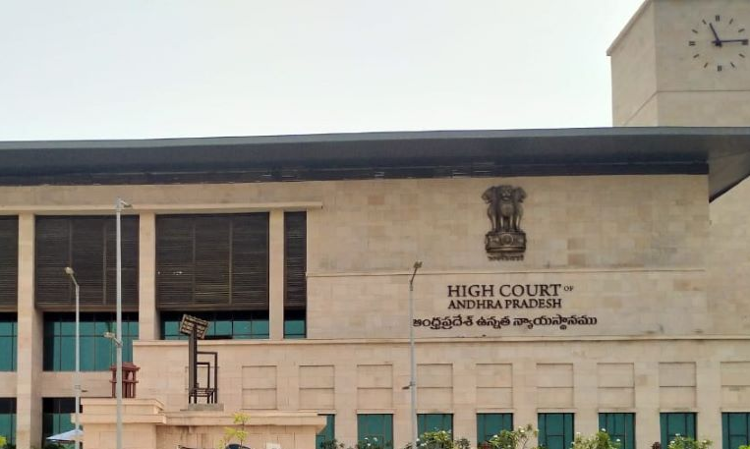Disciplinary Orders Attain Finality Upon Communication, Can't Be Unilaterally Modified: AP HC
Pranav Kumar
5 March 2025 9:30 AM IST

Next Story
5 March 2025 9:30 AM IST
Andhra Pradesh High Court: A Single Judge Bench of Justice Harinath N set aside UCO Bank's unilateral revision of disciplinary punishment against a former Assistant Manager. The court held that the bank's act of enhancing punishment without issuing notice or seeking response from the affected employee was illegal and manifestly arbitrary. The court clarified that disciplinary...
